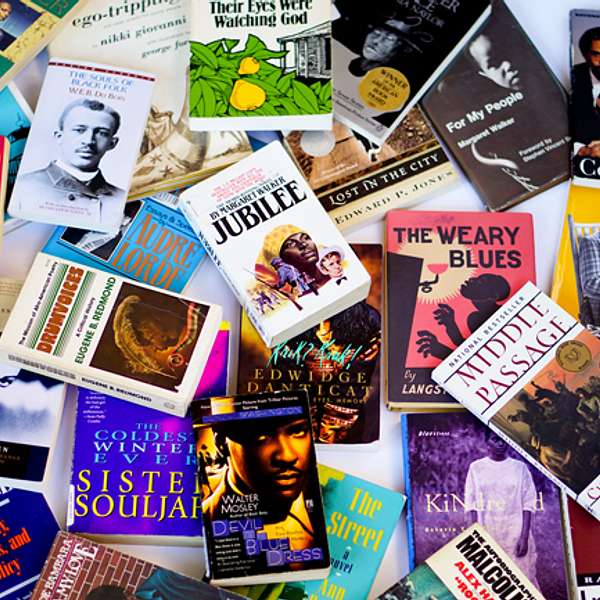
Remarkable Receptions
A podcast about popular and critical responses to African American novels, artistic productions, and more.
Remarkable Receptions
What Dismantling DEI means for African American Literary Studies - ep. by Howard Rambsy II
A brief take on how recent efforts to dismantle diversity, equity, and inclusion programs threaten the institutional support and long-term viability of African American literary studies.
Script by Howard Rambsy II
Read by Kassandra Timm
In March 2025, the Tennessee legislature approved a bill widely referred to as the “dismantling DEI” measure. This was one of several actions taken across the country in 2025, many of which have been characterized as coordinated attacks on diversity, equity, and inclusion programs in higher education.
These developments raise a question: What effect will these efforts to dismantle DEI have on African American literary studies?
You’re listening to Remarkable Receptions — a podcast about the reach and circulation of African American literary art and more.
Since the late 1960s, with the formation of African American Studies or Black Studies programs, African American literature scholars, and the students who have taken their courses, have been at the forefront of diversifying the curriculum of colleges and universities across the country. That means they have been expanding what counts as essential knowledge, broadening or reworking literary canons, and insisting that Black voices deserve a central place in academic study.
In countless instances over the decades, educators, scholars, and students have understood African American literature courses as an essential force for real and significant good. And because the field and its many contributions long predated the language of contemporary politics, it was not always common to group African American literary studies under slogans like Black Lives Matter, “woke,” or “DEI.”
But here’s the reality: for many critics of diversity, the divergence and variety of diversity hardly matter.
In a state like Tennessee, and with others likely to follow, dismantling diversity means discontinuing student support offices, faculty hiring pipelines, training programs, and even courses that focus on Black writers and topics like slavery and Jim Crow.
And when support for diversity is dismantled, the already fragile institutional support for African American literary studies becomes even more vulnerable to neglect, defunding, and erasure. In short, dismantling DEI means seriously weakening the long-term viability of African American literary studies.
So far, the responses from scholars of African American literature concerning the dismantling of DEI and its impact on literary studies have been muted. It’s not that scholars don’t care, but rather, the field has limited outlets to broadcast concerns about contemporary political issues. For many, the primary means of communication remain journal articles and books—venues that take time to research, write, publish, and circulate.
Given these pressing and escalating developments, though, we might be inclined to find new and more immediate, public-facing ways to respond, through op-eds, digital platforms, collective action, and yes, podcast episodes, before time runs out.
******************************************
This episode was written by Howard Rambsy, edited by Elizabeth Cali, and read by me, Kassandra Timm.
******************************************